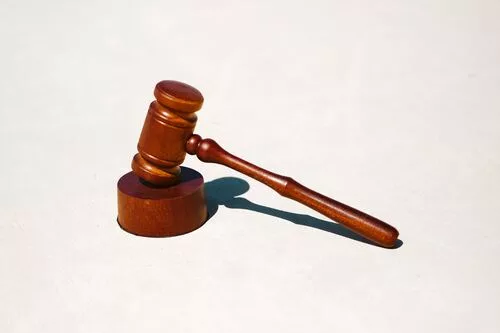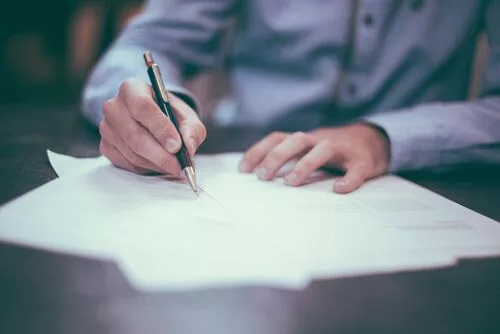Winning a court case requires careful preparation and knowledge of the laws involved. It also involves developing a well-thought-out strategy and identifying the evidence most crucial for your argument. For example, not all documents or items can be presented in court; they must meet strict requirements, such as authenticity. Retaining a qualified lawyer familiar with the rules of evidence is crucial.
Prepare Your Documents
The legal documents and evidence you bring to court will determine whether you win or lose. To be successful, you must understand what elements you need to prove and the types of evidence that will help you do so. You must also know the rules of evidence to present only the most convincing evidence. You should also prepare a trial notebook to keep track of all of the facts and arguments you want to make in court. A notebook will help you stay organized and complete all important deadlines. For example, missing a filing deadline could result in a monetary sanction from the judge or even the dismissal of your case. You should also review any documents or correspondence that you have received from the other party. If you need additional evidence from someone, consider obtaining a subpoena and get legal help.
Prepare Your Witnesses
The evidence you elicit from a witness can make or break your case. Getting a witness to tell you the truth and support your trial story takes time, planning, and careful preparation. It includes preparing all the documents they will review, witness depositions (if possible), and taped statements. The witness should also understand what she will be expected to do on the stand and how to answer your questions. It’s a good idea to practice with your witness and have her testify at least once before trial. Preparing her for the cross-examinations she will be subject to is also important.
A witness should remain calm and professional during cross-examination. Witnesses who fight back or display an uncooperative “attitude” let their emotions interfere with their testimony and will not be believed by the judge or jury. If a witness becomes evasive or refuses to answer your question, politely interrupt them and remind them to answer only “Yes” or “No.”
Develop a Winning Strategy
In any court case, winning requires careful planning and preparation. Many cases involve complex legal issues and need thorough research to understand the law and your opponent’s position. You must also prepare for cross-examination and rehearse your testimony before the trial to ensure you can answer questions and effectively deliver your arguments. The key to winning a case is to identify what you need to prove and determine what evidence will help you. Unfortunately, not all kinds of evidence are admissible in court, and complicated rules determine whether or not a document, statement, or item is relevant to your case.
In addition, you must make sure to organize your documents and evidence. Do not bring a manila envelope filled with crumpled receipts to court; create a trial notebook with a table of contents and tabbed dividers. It will help the judge review your evidence quickly and accurately.
Know the Rules of Evidence
There are many aspects to the rules of evidence. They authorize how evidence is collected and presented for each case in a court of law. They also construe how evidence is admitted into court and excluded from trial. These are very complex issues and require study, observation and practice. Popular shows like CSI make physical evidence seem almost magical, but the truth is that there is a lot to know about the laws of evidence. The first and most important thing to understand is the principle of relevance. To prove a claim or defense, you must have proof of all elements of the cause of action at issue. Ideally, by the time of trial, you will have carefully prepared an evidence grid and trial notebook to organize this information. If the judge questions the relevance of your evidence, be ready to connect the strategic dots for him and explain why it is relevant. It will prevent your adversary from embroiling you in pointless, confusing controversies over irrelevant non-sequiturs.



